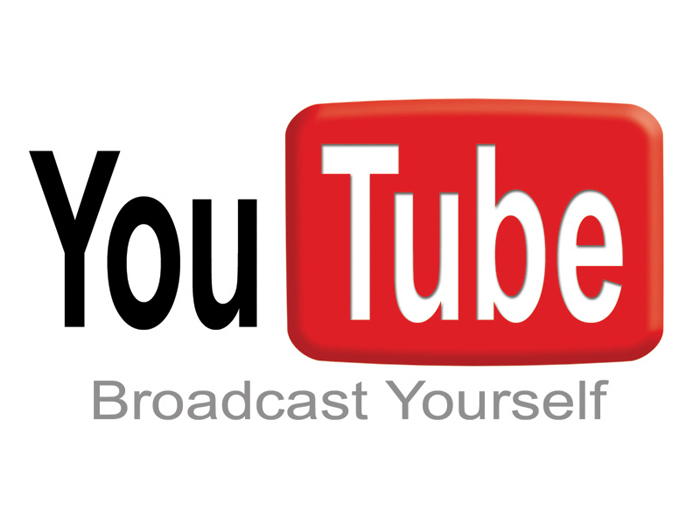YouTube 'reviews' guidelines
Vaguely tightens anti-terrorism rules

Google has gone through the motions of changing its community guidelines on YouTube in response to a demand from US senator Joe Lieberman, who demanded the removal of videos posted by Islamic radicals back in May.
While the senator is claiming this as a victory declaring that now "videos that incite violence will be banned," the decision remains purely in the hands of those that run the video sharing site.
But the amended guidelines are somewhat vague about what's acceptable and what is not. As were the senator's complaints.
Lieberman has chaired a report by the Senate Committee on Homeland Security and Government Affairs on the increasing use of the internet for terrorist recruitment and training.
Even that report could only draw attention to one video broadcast on YouTube, and while it was inflammatory, it didn't qualify as one that promoted terrorist training or recruitment.
He doth protest too much
Lieberman initially identified a number of videos that he wanted banned, 80 of which YouTube is said to have removed. Others not thought to violate the company's policy remained.
Sign up for breaking news, reviews, opinion, top tech deals, and more.
The new guidelines refer to the banning of bombmaking videos and those featuring hate speech but the line between what's acceptable and what's not remains vague. It's worth noting that it's most prominent warning is that the site is not for people under 13s. The mental age alone of a large proportion of those that leave comments would suggest that this is not rigorously pursued.
Google's initial response was to defend its support for free speech and those videos that promoted radical ideas without depicting or supporting violence.
The sheer volume of daily uploaded content means that YouTube would face a near impossible task even if it was to comply fully with Lieberman's demands. The company stresses instead the flagging procedure in which viewers call attention to inappropriate material.
Freedom of speech
Ultimately, YouTube has done enough to keep at bay the hawkish defenders of the American way while still using a vague defence for that very cherished US institution: Freedom of Speech.
And while both can claim a small victory from this score draw the really dangerous material is likely to remain elsewhere on the internet, where it always was.
No doubt YouTube employees will be viewing the hundreds of complaints from Joey Lieberman of Connecticut over the next few months with a large bowl of salt.